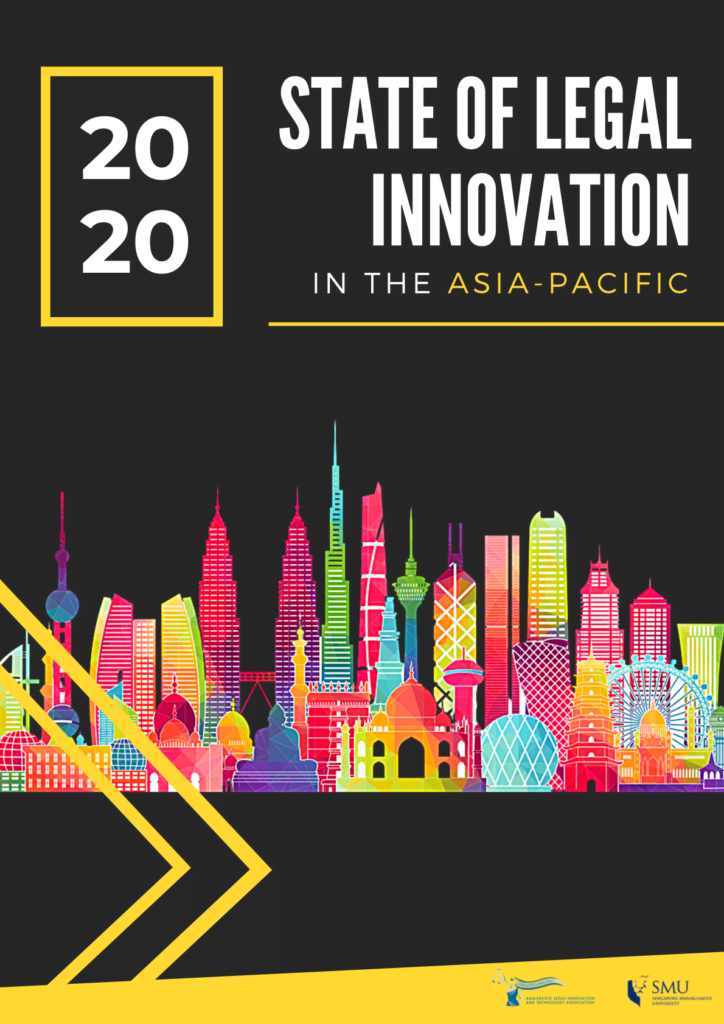Written by Jennifer Lim Wei Zhen* and Lee Ji En**
Editor’s note: This article was first published by the Law Society of Singapore as part of its Legal Research and Development Colloquium 2020. It has been re-published with the permission of the Law Society of Singapore and the article’s authors. Slight adaptations and reformatting changes have been made for readability.
ABSTRACT
The advent of new technologies has presented (i) legal technological tools which assist lawyers in dispensing legal services (e.g. Artificial Intelligence (‘AI’)-powered eDiscovery, contract review and legal research tools); and (ii) technologies which shaped the type of legal services lawyers offer or adopt (e.g. smart contracts, online and decentralised dispute resolution).
This paper explores the scope and extent of ethical duties that should be imposed on practitioners in terms of (i) the duty to advise clients on new technologies that would facilitate the best running of their cases; (ii) the duty to advise clients on considering the existence of these new legal services and adopting them in their work products; and (iii) the duty to ensure that the tools used comply with the necessary ethical and professional standards.






